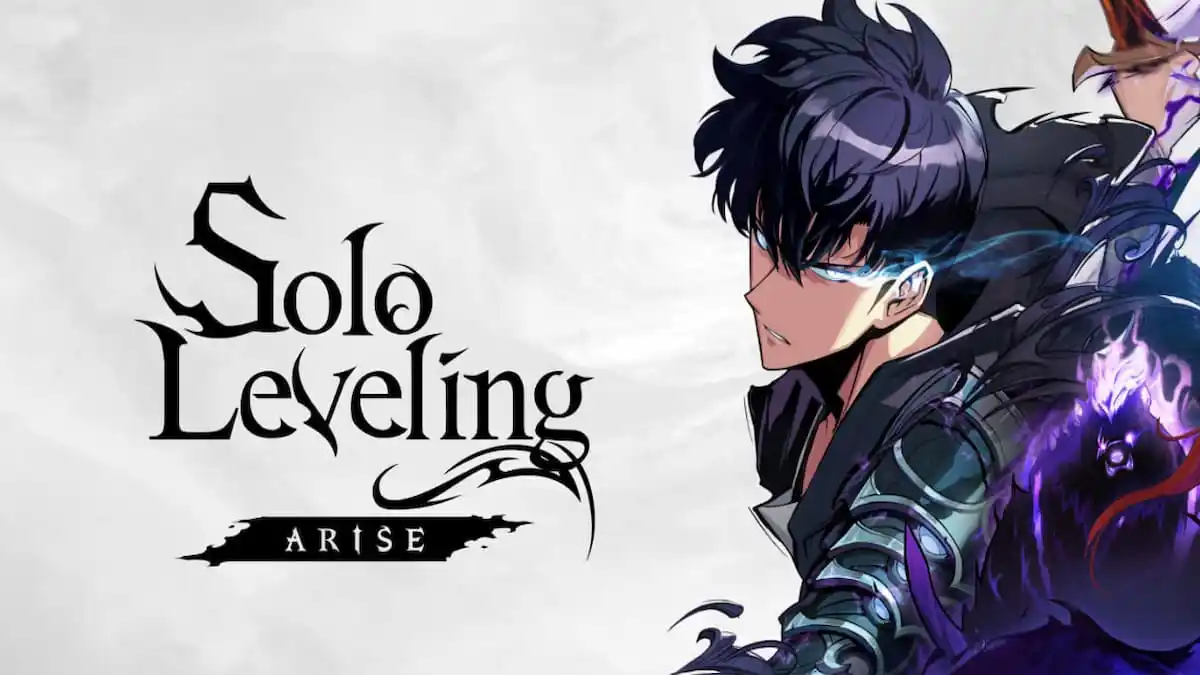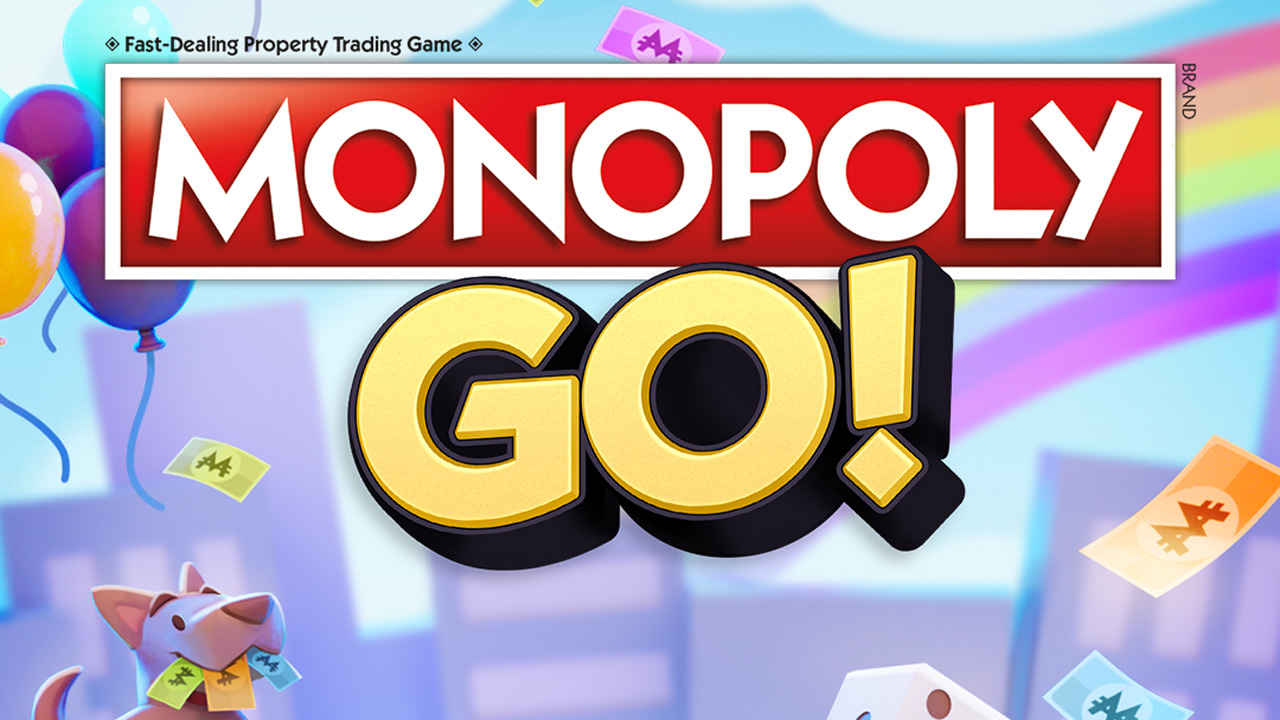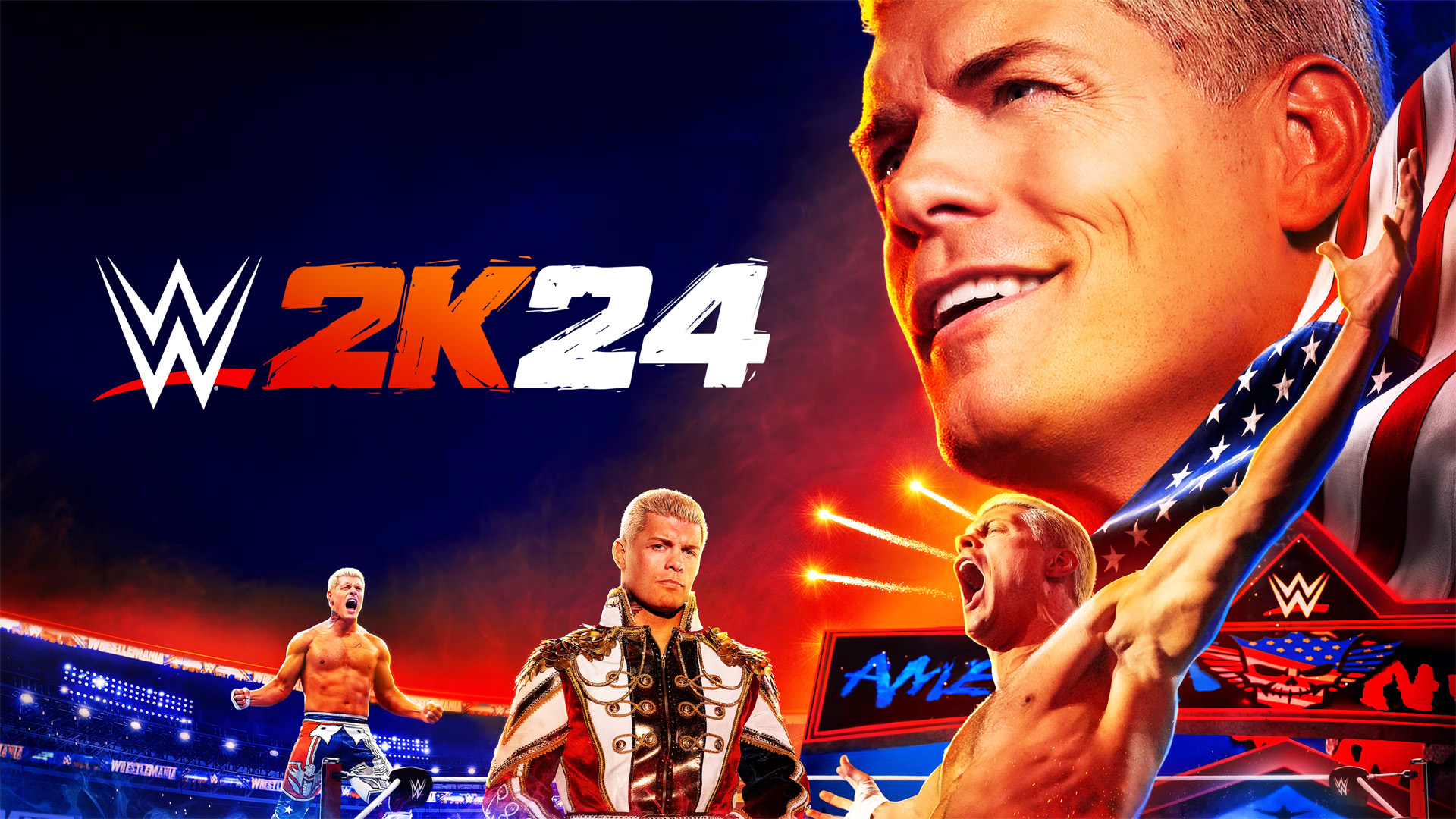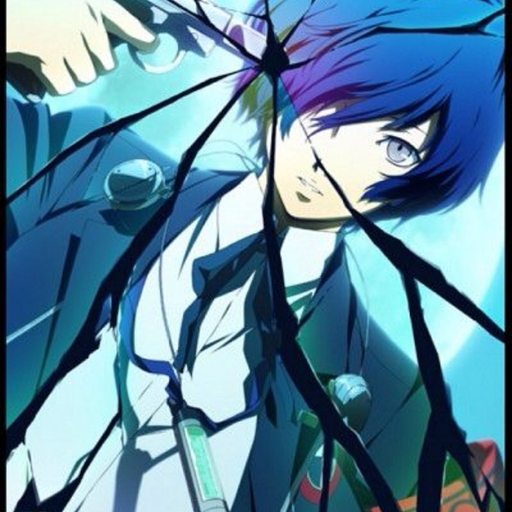If you want to talk about impactful modern video game franchises, the action games created by FromSoftware, now known collectively as the Soulsborne games, have created an entirely new genre of games. Most of these titles are critically acclaimed, so we’re going to rank them all from worst to best!
Ranking All Soulsborne Games From Worst To Best
While the Soulslike genre has exploded in popularity since the release of Demon’s Souls in 2009, appearing in platformers, shooters, and even music games, most would consider the titles developed by the genre’s founding father, FromSoftware, to be the gold standard. These games are defined by their trial-and-error nature, the myriad secrets found within their worlds, the almost labyrinthine lore needed to understand each decaying world, and of course, the difficulty. The sweet, horrible difficulty. FromSoftware’s games are hard — brutally so at times — but like masochists, people keep coming back for more.
In ranking the seven Soulsborne games, a few things need to be considered. While overall quality is most certainly a factor, one should also consider each game’s difficulty balance. Yes, these games are hard, but there’s a difference between the fair, reflex-based challenge of foes like Gherman the First Hunter and Artorias the Abysswatcher and the ganking from the Godskin Duo or the Bed of Chaos. There’s also just how interesting the world is, how each game stands out from the other Soulsborne games with their setting, mechanics, and characters, and how it all comes together in the end.
As for which titles to include, while it may seem fairly obvious — if it was a game developed by FromSoftware, it’s probably good — the question arose about whether to include the 2020 remake of Demon’s Souls and if each game’s DLC should be factored into its placement. I ultimately decided not to include the remake in the discussion simply because, while it was a great remake of a great game, it technically wasn’t developed by FromSoftware, making it ineligible. However, when placing each game, I decided to factor in each game’s DLC and how it contributes to the overall experience.
With that in mind, here’s our ranking of every Soulsborne game from worst to best!
7) Dark Souls II (2014)

Dark Souls II is a bit of an “odd-one-out” compared to other Soulsborne games FromSoftware developed. It takes a quantity-over-quality approach with its bosses and enemy design, leading to a lopsided difficulty curve. Bosses are either pathetically beaten within a few hits or are the equivalent of smashing your head against a wall until you bleed. The game generally lacks creativity, mostly content with just aping what Dark Souls did and calling it a day without understanding why that game’s broken world was so captivating. It’s still a good game, but it does feel a lot clunkier than both its predecessor and its sequel thanks to its more restrictive movement system and hollowing mechanic that makes dying feel even more punishing, making players rightfully believe that this is the weakest Soulsborne game.
6) Demon’s Souls (2009)

The problem with Demon’s Souls isn’t that it’s a bad game, but it was a prototype for Dark Souls. Everything we know about Dark Souls is here, including earning experience points only to lose them upon death, the stiff difficulty, and the asynchronous multiplayer that encouraged collaboration. It’s all there, if just a bit unrefined. Progression is open yet restrictive, where the player tackles four different routes on their way to confront King Allant. The game is hard but never cheap (except when fighting Allant and he uses that move that lowers your level), making it a fine entry point for the series. But there’s a reason why it was Dark Souls and not Demon’s Souls that put the Soulsborne series on the map. Besides, the non-FromSoft remake of Demon’s Souls exists, and it’s an excellent one. So if you’re going to play one version, make it the remake.
5) Sekiro: Shadows Die Twice (2019)

There are players who absolutely adore Sekiro: Shadows Die Twice solely because of how much of a breath of fresh air it is compared to other Soulsborne games. The platforming elements, the Japanese-inspired setting, the stealth, and the parry system all make Sekiro a much different beast from its siblings, one that takes genuine mastery to complete. It’s more of a straightforward action game than any other Soulsborne game, leading to some wonderfully crafted boss encounters. That being said, there are virtually no character-building elements within the game for players to experiment with, something that made most Soulsborne games great to play around with. In Sekiro, you either master its mechanics or die repeatedly. To those who love the gameplay, and there are numerous reasons to love how Sekiro is designed, this game will probably rank a lot higher. But when compared to the rest of FromSoftware’s Soulsborne games, it’s hard not to feel a bit frustrated that the game forces you to master one mechanic instead of enabling experimentation.
4) Dark Souls III (2016)

Serving as the end of the Dark Souls trilogy, Dark Souls III is a return to what made the original game so beloved after the notable alterations made by Dark Souls II. Gone are a lot of the mechanics that made Dark Souls II so polarizing, and instead we have a game that has brought us back (quite literally) to the same world established in Dark Souls. For as wonderful as that may sound, and it is, there aren’t as many memorable or standout moments in Dark Souls III compared to earlier games. On its own, it’s a stellar game, but when you compare it to how much FromSoftware has experimented with the series before and afterward, you can’t help but feel that Dark Souls III is a safe sequel — not rocking the boat too much but still delivering the same thrills and satisfying gameplay loop one would come to expect.
3) Dark Souls (2011)

It may not be the one that started it all, but Dark Souls was the one that perfected what it meant to be a Soulsborne game. Dark Souls’ popularity as the progenitor of a subgenre isn’t just for show. Playing Dark Souls feels like a slap to the face in the best way possible. While the game does have some instances of cheap enemy placements and substandard boss fights, the risk-reward style of exploration and encouraging players to discover and push further into the world is still invigorating after all these years. Between the poignant music and the bleak world design, it’s a memorable game that almost makes you forget how troubled its development was. It’s a game that has a way of seeping into your thoughts, making you eager to try a new character build with each playthrough and seeing how you can better hone your skills. The only thing keeping Dark Souls from the top two spots is how the game feels somewhat dated, not only because it’s a seventh-generation game, but because future Soulsborne games would better refine what was already here.
2) Elden Ring (2022)

Much like Dark Souls II, Elden Ring is a game that frequently boasts about how much bigger it is than its predecessors. But unlike the DS2 misfire, Elden Ring actually ties in its massive content with meaningful improvements and can not only talk the talk but walk the walk. Making an open-world Soulsborne game was a huge gamble for FromSoftware, but it paid off. Compared to most other Soulsborne titles, Elden Ring is by far the most accessible, allowing players to customize their playstyle and experience with the game to a degree that would have been unheard of over a decade ago. This also leads to some of the best encounters in any game developed by FromSoftware, whether it’s the massive fight against Starscourage Radahn or the devastating encounter against Malenia, Blade of Miquella. Elden Ring’s only real weakness is how it sometimes pushes the difficulty too far with fights and mechanics that are all sorts of unfair, but it’s a minor gripe in a game that, for the most part, stands as one of the best games of the past decade.
1) Bloodborne (2015)

There is nothing like Bloodborne. It says a lot about how, even after all this time, the people who love Bloodborne love it to pieces. It stands as the most action-oriented game in the Soulsborne series, encouraging players to constantly be on the attack against enemies that are just as aggressive. The world of Yharnam is deliciously bleak, made all the better by the OST, which stands as one of the best soundtracks ever put into a game. The customization, exploration, and attention to detail that the Soulsborne games are known for are all present but in a delectably Gothic package that fans are still coming back to every year. The slower, more methodical action of the other Soulsborne games may be the standard, but Bloodborne‘s faster and more visceral pace has helped it endear itself to many gamers, making Bloodborne the best Soulsborne game.






Published: Jun 8, 2024 08:31 pm